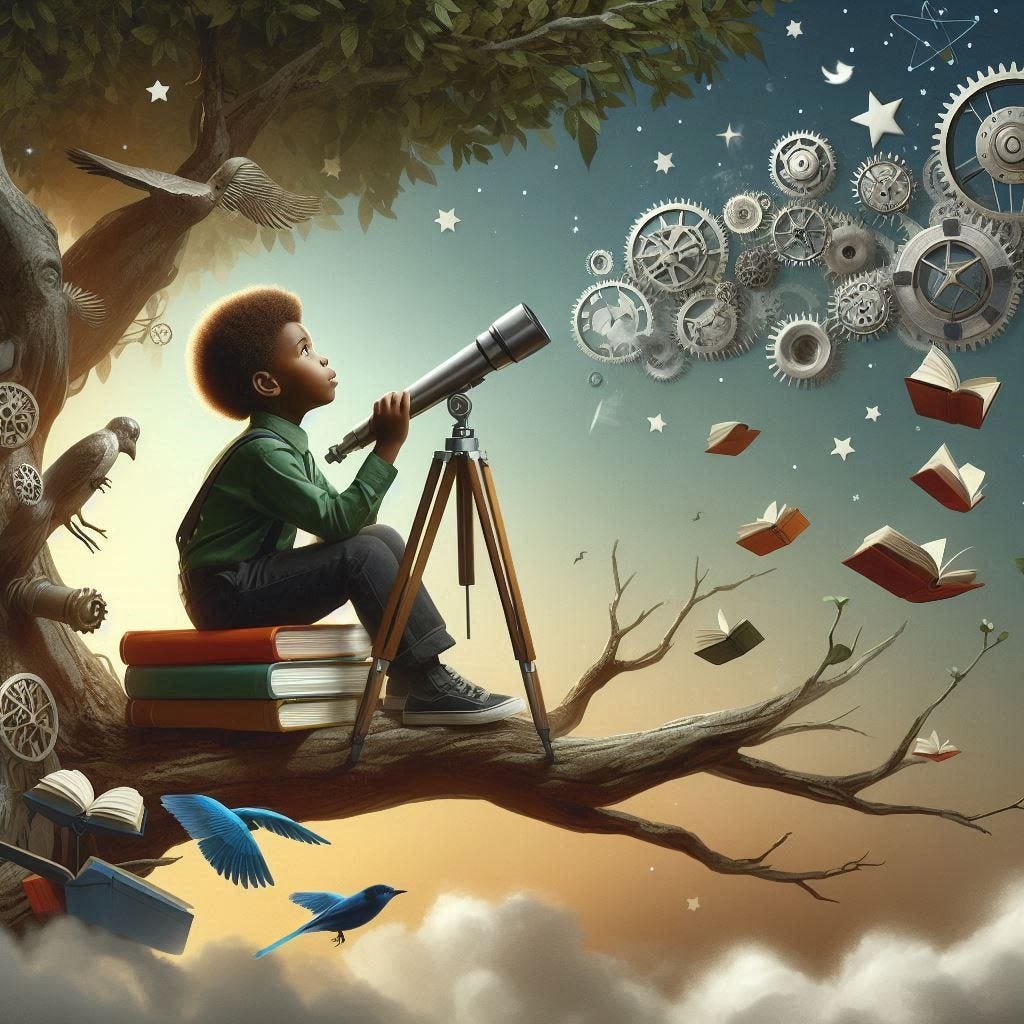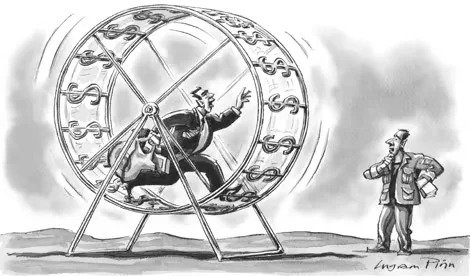“TRUMPET TO ECONOMIC INDEPENDENCE….”
The suspense is over, the uncertainty continues. American president Donald Trump, on April 2-what he called “Liberation Day”-announced a slew of tariffs on trading partners, triggering global trade war. Declaring a national emergency, he slapped 10 percent tariffs across all countries, charging them additional duties. Aware? Yes, history helps us calibrate our expectations, study where people tend to go wrong, and offers a rough guide of what tends to work. Most of the times ‘His ’story equips you for a proactive and reactive economic moves. The cornerstone of economics is that things change over time, because the invisible hand hates anything staying too good or too bad indefinitely. The most important events in historical data are the big outliers, the record-breaking events. They are what move the needle in the economy and the stock market. Imagine the effect the following • The Great Depression. • World War II • September 11th. Let us think otherwise ; 15 billion people were born in the 19th and 20th centuries. But try to imagine how different the global economy—and the whole world—would be today if just six of them never existed: • Adolf Hitler • Joseph Stalin • Mao Zedong • Thomas Edison • Bill Gates • Martin Luther King This could not be the most meaningful list. But almost everything about the world today—from borders to technology to social norms—would be different if these seven people hadn’t left their mark. Another way to put this is that 0.00000000004% of people were responsible for perhaps the majority of the world’s direction over the last century. The same goes for projects, innovations, and events. Imagine the last century without • The Great Depression • World War II • The Manhattan Project • Vaccines Antibiotics • Planecrash- September 11th • The fall of the Soviet Union How many projects and events occurred in the 20th century? Billions, trillions—who knows. But those eight alone impacted the world orders upon orders of magnitude more than others. The thing that makes tail events easy to underappreciate is how easy it is to underestimate how things compound. How, for example, 9/11 prompted the Federal Reserve to cut interest rates, which led to the financial crisis, which led to a poor jobs market, which led tens of millions to seek a college education. It’s not intuitive to link 19 hijackers to the current weight of student loans, but that’s what happens in a world driven by a few outlier tail events. The majority of what’s happening at any given moment in the global economy can be tied back to a handful of past events that were nearly impossible to predict. The most common plot of economic history is the role of surprises. The reason surprises occur is not because our models are wrong or our intelligence is low. Technology is hard to predict because Bill Gates may have died from polio if Jonas Salk got cranky and gave up on his quest to find a vaccine. The reason we couldn’t predict the student loan growth is because an airport security guard may have confiscated a hijacker’s knife on 9/11. That’s all there is to it. • The question, then, is how should we think about and plan for the future? It’s a failure of imagination. Realizing the future might not look anything like the past is a special kind of skill that is not generally looked highly upon by the financial forecasting community. “The most important part of every plan is planning on your plan not going according to your plan.”
Reference "Think and grow rich"






Comments
No comments yet. Be the first to comment!
Leave a Comment